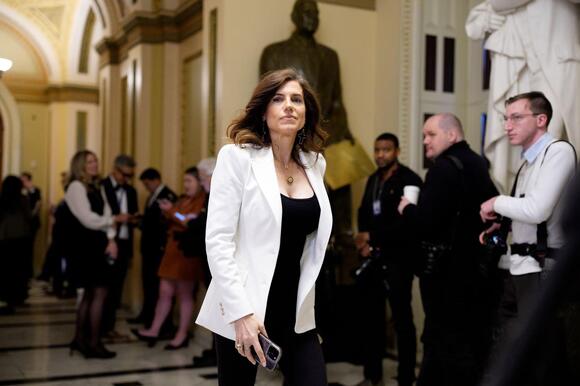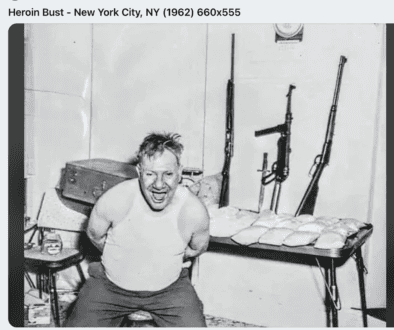Israel’s Other War: drafting the ultra orthodox

compulsory service ✡️ Key Statistics and Demographics
Population Share: Haredim [ultra orthodox] currently account for roughly 14% of Israel’s total population and 17% of its Jewish population.
Eligible Youth: Haredim now make up about 18% of all 18-year-olds in Israel, making their non-participation increasingly unsustainable for the military.
Yeshiva Students Exempted: The original exemption, granted in 1948 by David Ben-Gurion to about 400 full-time yeshiva students, has ballooned to cover more than 60,000 today.
Compliance with Draft Orders: After the Supreme Court ruled the refusal to draft Haredim unconstitutional, the IDF issued 80,000 draft orders; however, barely 3,000 Haredim have complied.
Public Opposition to Exemption: A poll indicated that nearly three quarters of Israelis found the Haredi military exemption unacceptable. A majority of Prime Minister Netanyahu’s Likud party voters share this view.
Wartime Strain on IDF: Due to the longest war in Israeli history, some units have reported that 40 to 50 percent of reservists stopped showing up for duty at times, prompting high-ranking generals to warn about struggling to meet personnel demands without drafting Haredim.
Pre-War Draft Rate: On the eve of the October 7 attacks, the overall draft rate was only 48% of all eligible 18-year-olds (not including the 10-15% of soldiers who drop out within the first year). Former Defense Ministry officials warn that if a country’s cohort draft rate hits 35%, mandatory service risks collapse.
🏛️ Political and Social Conflict
Threat to Government: The Haredi draft exemption is cited as the only issue that has seriously threatened Prime Minister Netanyahu’s hold on power, causing protracted political instability and nearly leading to the government’s dissolution in the summer (with the departure of U.T.J. and Shas’s ministerial resignations).
Haredi Political Stance: The Haredi parties (Ashkenazi United Torah Judaism – U.T.J. and Sephardic Shas) have pushed to enshrine a new exemption into law to shield it from judicial review, and are prepared to bring down the government if they cannot pass it.
Haredi Ideology: For most Haredim, opposition to military service is a matter of fundamental identity grounded in theology. Their core principles include insulation, “Torah study only” for men (believing Torah study “protects and saves”), and deference to rabbinic authority.
Economic Trends: While Haredi women’s employment rate (80%) roughly matches their non-Haredi peers (82%), the male Haredi work-force participation, though rising, remains low at 54% in 2024 (up from 48% in 2014).
🪖 Military Accommodation Efforts
Dedicated Units: The IDF has established units like Netzah Yehuda and the Hashmonaim Brigade to accommodate Haredi religious strictures (no gender mixing, strictest kosher food, dedicated study time).
Recruitment Failure: These units have largely failed to attract Haredim; instead, they are mainly filled by hard-line Religious Zionists and extremist West Bank settlers or ex-Haredim.
KodCode Program: An attempt to recruit young Haredi men as contract programmers for elite cyber and defense-tech units. The highly selective program accepts around 400 out of roughly 4,000 applicants a year, bypassing basic training, uniforms, and carrying weapons—behaviors Haredim find incompatible with their way of life.
[summued up from article in NY Times magazine]

